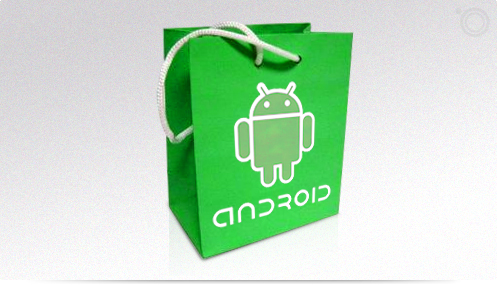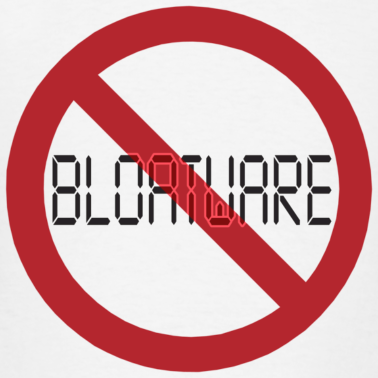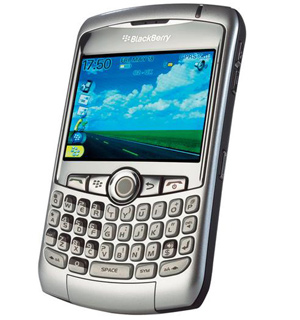It’s not the number of apps that matter.
Apps are important to the smartphone user experience and choice of device but they are not the be all and end all.
If you’ve consumed any media in the last couple of years you will have been bombarded by the message that “there’s an app for that!”.
Analysts and tech commentators like Robert Scoble are fixated by the App Phenomenon. Market valuations are predicated on how many apps a mobile platform has in it’s app store (sorry Apple not a Trademark – the judge rightly decided that it was a generic term). People are making value judgements based on numbers of apps alone.
To my mind this is not long term sustainable and does not reflect the reality of how many people use their mobile devices. Quality is important.
The tech community often operates in a bubble people feed off each other and are attracted to like minded individuals.
Whilst I enjoy twitter and love reading Engadget, techcrunch, scoblizer, mashable etc they are distorting people’s views of reality.
Robert Scoble and Mike Arrington are freaks!
Wow that sounds harsh!
What I mean is these guys are statistical anomalies, they do not resemble the normal consumer / user of technology. They adopt stuff before early because its their job to do so. They also often get free access to apps and gadgets because tech companies know that they love new stuff and will broadcast to the world if they feel like they are on the inside.
I am not condemning them for what they do, part of me would love Robert Scoble’s job:
Play with new toys, meet the toy-makers, surf the net, tweet a hell of a lot, post pics and generally brag about it in a likeable way.
But it’s a long way removed from the day to day lives of the vast majority of the people who buy smart phones and consume software and technology.
I would love to know how many of the “uber-cool” apps that appear in Scobleizer’s time line will be on his devices and used regularly in 6, 12 or 18 months from now. My guess is that it will be a small percentage and those will be the ones with real value.
Real Life Technology Use
Think for a moment about your computer; there will be a load of stuff you can do with it but you probably don’t.
If you’ve had it a while most likely you’ll have filled it with stuff you’ve downloaded and programs you don’t use any more, slowly bringing it to it’s knees and reducing that whizzy feeling you had when you first used it.
If you are disciplined enough you might give your computer an occasional spring clean and suddenly unburdened by the weight of bloat ware your computer runs sweetly again for a bit.
Why am I blathering on about computers when I should be talking about mobile? Well there is something to be taken from how we use the computer that points to weaknesses in the more is better apps argument.
I would be so bold as to say that “better is better”:
- Giving customers what they need and will use is better.
- Providing a compelling user interface that is a pleasure to use is better.
- People liked the original iPhone not because of apps but because it was sleek, sexy and good to use.
- Providing functions and features that genuinely make people’s lives better like voice over on IOS is better.
- Secure push email (in it’s day) was better.
- Turn by turn free navigation built into the OS is better…
Yes there will always be apps that meet a need that I will want and install on my phone, they may indeed inform my choice as to which phone I buy but it is not the overriding factor.
RIM as an example.
Once the leading light of mobile the Black berry offered functionality that was not available elsewhere: Instant access to secure email and messaging where ever you are. Business loved it and for a while they cleaned up. But it did not take long for other to replicate the features.
The company is being slated at the moment and a tonne of money has been wiped off it’s market cap.
People point to a small number of apps in their store but the problem at RIM is deeper than that – the apps are expensive and poorly executed and most importantly of all the overall user experience has fallen behind pretty much every other mobile OS.
QNX may possibly provide a fix with the improved UX and android apps that but only time will tell and RIM will need to improve their hardware too.
Carrier Support is Key
Tommi Ahonen has been blogging about the carrier boycott of Nokia recently and how it is destroying their market share. Most consumers buy their phones on contract and so carrier support is essential. You can have a great package like Palm did with the Pre but without the backing of the Tel-cos it bombed.
There are a number of core functions that a user will want and that cannot live without that will play a large role in phone choice; as will price form factor and the over all experience.
It’s the total package that counts
That will be the clincher.
Do you really want to turn your phone into a smaller version of your PC with loads of rubbish that slows you down?
To my mind: less but better is more.
The actual number of killer applications will be relatively small and most likely available cross platform (if not now then soon). Companies that only develop for iPhone are excluding the vast majority of potential consumers as Tomi Ahonen is fond of pointing out.
The day to day user experience is more important and at some point in the not too distant future people will wake up and stop swallowing the hype.





